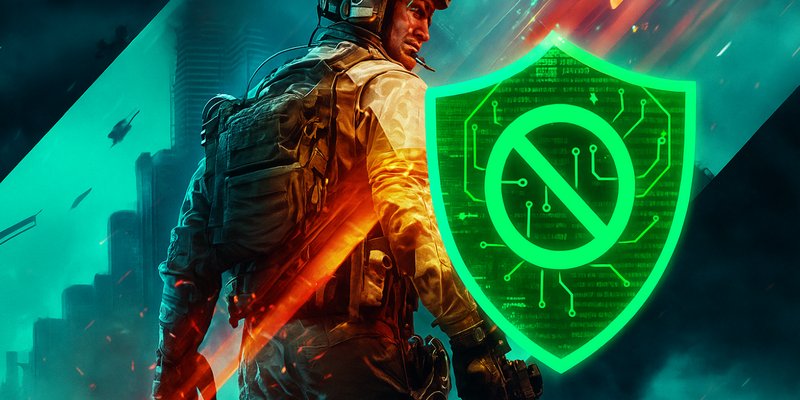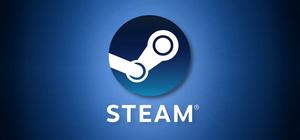The Price of a Fair Fight
We’ve all been there: dominating a match, only to be taken out by a player with impossibly fast reflexes and an uncanny ability to know exactly where you are. The war against cheaters is as old as online gaming itself, and publishers are now deploying their nuclear option: hardware-level security. With the announcements that both Call of Duty: Black Ops 7 and Battlefield 6 will require Secure Boot to be enabled on PC, the community is facing a pivotal question: are we willing to trade freedom for fairness?
For many, this might seem like a non-issue. After all, if it stops cheaters, who cares? But for a growing segment of the PC community, especially those of us who live and breathe on Linux or champion the Steam Deck, this isn’t just a new requirement. It’s a new wall being built around the open pasture of PC gaming.
The New Gatekeepers: Secure Boot and TPM 2.0
So, what’s changing? Both EA and Activision are digging deeper into our systems to validate their integrity before the games even launch. Think of it as a bouncer for your boot process.
For Call of Duty: Black Ops 7, Activision is mandating that players have both Secure Boot and Trusted Platform Module (TPM) 2.0 enabled. This is the next evolution of their RICOCHET anti-cheat. Meanwhile, EA is enforcing a Secure Boot requirement for Battlefield 6 with its new system, reportedly named “EA Javelin.” We already saw a test run of this with a recent Battlefield 2042 update, and the community’s reaction was, to put it mildly, not positive.
The logic from developers is sound, at least on paper. Secure Boot ensures your PC only boots using software trusted by the manufacturer, blocking cheats that try to load before the operating system does. TPM 2.0 acts as a hardware vault, verifying that your system is in a trusted state. Together, they create a secure foundation that makes it much harder for sophisticated cheats to hide from the anti-cheat systems running on top. This isn't a new concept; Riot’s Vanguard for Valorant and competitive modes in Fortnite have been doing this for a while. But with Call of Duty and Battlefield joining in, this is officially a mainstream trend.
A Line in the Sand for PC Freedom
Honestly, we didn’t expect this trend to hit the two biggest shooter franchises so hard, and the implications are massive. While a more secure playground sounds nice, the cost of admission is control over our own machines.
The most immediate and obvious casualty is the Linux gaming community. These requirements pose a monumental challenge for anyone running games through Proton on Linux or on a Steam Deck. Getting games that demand this level of system attestation to work is a nightmare, and in many cases, simply impossible. It effectively kills support for these titles on any platform that isn’t Windows, turning the versatile PC into a single-OS console.
But the issue is bigger than just one platform. It’s about the principle. The beauty of the PC is its openness. It’s a place for tinkerers, for dual-booters, for people who want to run custom setups without seeking permission. Forcing users to enable features like Secure Boot infringes on that freedom. It dictates how you must configure your hardware for the privilege of playing a game you bought. This is a philosophical shift from an open platform to a controlled service, and it’s a path that, once taken, is hard to turn back from.
The Road Ahead: A Secure but Sterile Future?
Most modern PCs, especially those running Windows 11, likely have these features ready to go. For many gamers, enabling them in the BIOS will be a one-time, minor inconvenience. But we can’t ignore those who will be left behind-players on older hardware without TPM 2.0 support, or the thousands of us who believe in an open, flexible gaming ecosystem.
The debate here is about the soul of PC gaming. Do we accept a future where our machines are locked down in the name of competitive integrity? Or do we push back and ask developers to find solutions that don’t compromise the very freedom that makes PC gaming so special? While the fight against cheaters is noble, winning it by sacrificing player freedom and platform diversity may not be a victory at all. For now, the little penguin that could-the Steam Deck-and the entire Linux gaming scene are watching and waiting.






